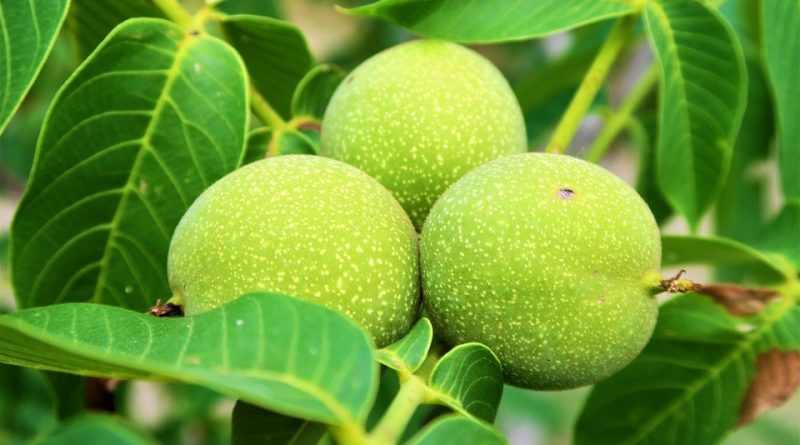Proterandry
Proterandry
By the term proterandry, in biology, we mean the case of hermaphroditism where both gametes are present, but the male ones are developed first and then the female ones. The condition in which the opposite occurs is instead defined proteroginìa.
The term comes from the union of the Greek words próteros (anterior) + andrìa, andròs (man, male).
In the field of zoology, the proterandry is frequent in many species of animals, where the specimens are born and live the first part of life as males, to then undergo a change of sex with age and becoming to all effects females.
A typical example of proterandric is represented by many species of worms (flatworms, annelids), molluscs (gastropods) and fishes (Sparidae, Amphiprioninae).
In the field of botany, proterogenic plants are a part of insufficient hermaphrodites. This phenomenon occurs when in the hermaphrodite flowers the male organs (stamens) reach sexual maturity ahead of the gynaeceum (pistil), thus making self-fertilization impossible.
In general, however, in hermaphroditic flowers, the proterandry is the phenomenon by which the male organs mature before the female ones to prevent self-fertilization.

